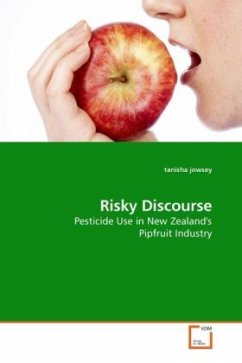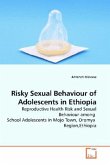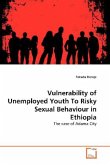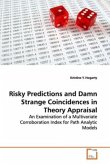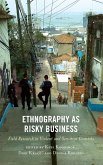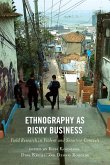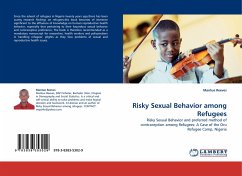The New Zealand Pipfruit industry has changed dramatically over the past fifteen years due to major industry restructuring and deregulation, and the adoption of more environmentally-sustainable growing strategies. How did orchardists lower their use of chemicals and why? How did they negotiate risk throughout the transitions? What impact did these changes have on orchardists and the industry as a whole? Jowsey traces the sociopolitical context of pesticide use in the Pipfruit industry over the past fifteen years (couched within a hundred year trajectory), through a content and discourse analysis of appropriate print and electronic material. She utilises a Foucauldian discourse analysis to explore how print media reflects and produces knowledge, and how such knowledge causes transformation within the pipfruit industry.
Bitte wählen Sie Ihr Anliegen aus.
Rechnungen
Retourenschein anfordern
Bestellstatus
Storno

